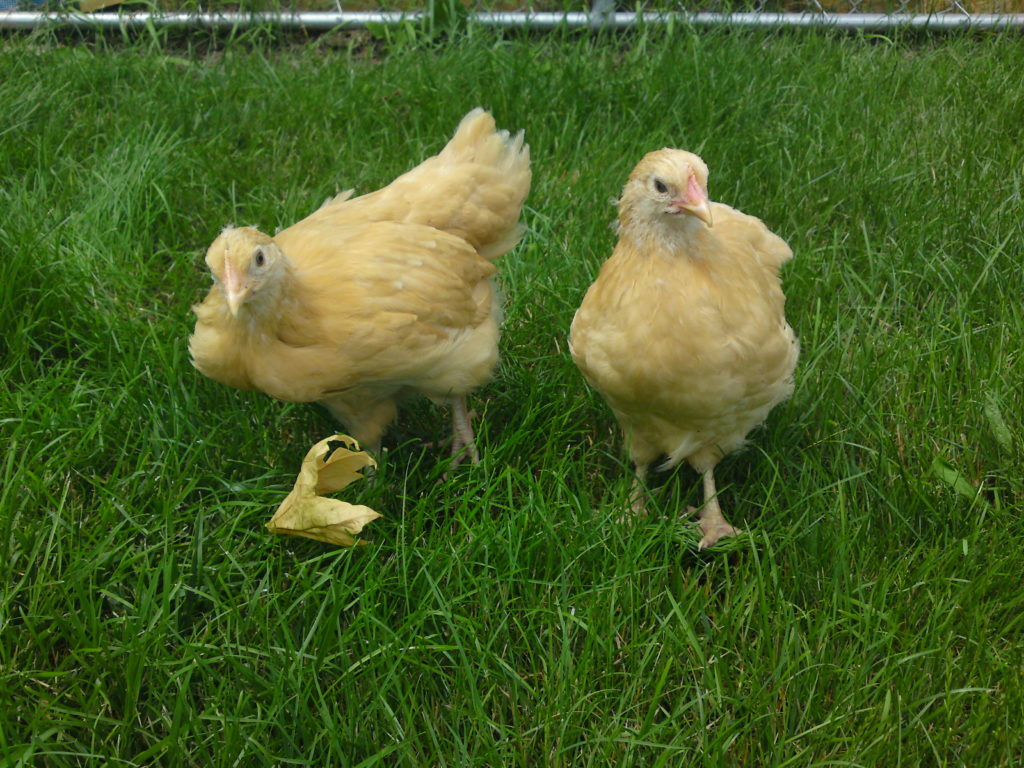It’s August! That means the Fourth Annual Write Fifteen Minutes A Day© Challenge is here!
Get ready to scribble!
The rules are simple. In fact, they aren’t even rules. They’re more like guidelines, the Pirate Code of Writing.
1. Commit to write for 15 minutes a day for the entire month of August.
2. Just do it.
Seriously. That’s all there is to it. You don’t have to sign up anywhere, or meet minimum word count goals or complete a whole freaking novel in 30 days. You can write fiction, non-fiction, memoir, or poetry. Personally, I don’t think blog writing should count because that is immediately published and you always have your audience in mind. I think this month should be a chance for you to go deeper inside yourself. But if blog writing makes you happy, go for it.
Just. Write. Every Day. This Month.
15 Minutes.
This is not the time for editing or outlining. Just keep your pen, pencil, crayon, or fingers on the keyboard moving for 15 minutes. You can use the entire time to write “I don’t know what to write and LHA is crazy” the whole time if you want.
I’ll give a prompt a day for anyone who is feeling stuck. But you don’t have to use it if you don’t want to.
I would love it if you guys checked in with me by posting in the comments section. Tell me where you wrote today or for how long, or what you were working on. Tell me what kind of resistance thoughts cropped up as you were writing, or trying to start writing. Tell me what it felt like when the 15 minutes were up.
I will be doing the same thing. I’ve been juggling several books in my head this year; it has not been pretty. And we’ve been renovating our house. I will try very hard not to whine about that. (BUT IT IS TEMPTING!) And it’s August, so it’s hot. And I leave for the SCBWI national conference in a couple days. And…
And…
And…
You see, it’s always something. ALWAYS. There are always things that will get in the way of your writing. Writing can be uncomfortable and awkward. That’s why we procrastinate about it. That’s why we often choose to put writing as our last priority instead of in the top five. We like thinking about writing, and talking about writing, and blogging about writing, but when it comes to the actual writing? Too often, we allow life to get in the way.
Right?
I’ll cut some slack for certain groups of people. If you have a new baby in your home, if you’re recovering from major surgery, if someone you love has recently died, you have all my compassion and permission not to worry about writing until your life settles a bit.
But the rest of you?
You can easily carve out fifteen minutes every day to write. You could probably find more time, but I think baby steps are more fun and effective then setting massive, unobtainable, sure-to-backfire goals. This challenge (known as WFMAD for obvious reasons) is about support, not scolding. I like to focus on how we can pick ourselves up off the ground, instead of focusing on the fall.
I can’t promise you a book contract, but I will promise you this: writing every day will help you find yourself again. Writing every day will restore creativity to your life. Writing every day will help you discover balance and bring in more opportunities for happiness. Honest!OK, that’s enough blathering.
Ready….
Disconnect from the Internet (as soon as you finish reading this post!)
Set…
Turn off your phone and tell your family and friends not to interrupt you for fifteen minutes, unless there is a fire or someone is bleeding from an artery.
Today’s prompt*** Why do you need this challenge? What project have you been afraid to start? Think back on the past six months. What were your time sucks? Why did you allow yourself to go days or weeks without writing? And what will you do differently this month to give yourself the gift of at least fifteen writing minutes a day?
Scribble…Scribble….Scribble!
***LEGAL STUFF: These prompts, like all the rest of the stuff I write for WFMAD and my blog entries, are my material and, thus, under my copyright. You have permission to reproduce them for classroom use only. Yes, you may link to these posts. Spread the word! The more the merrier!!








